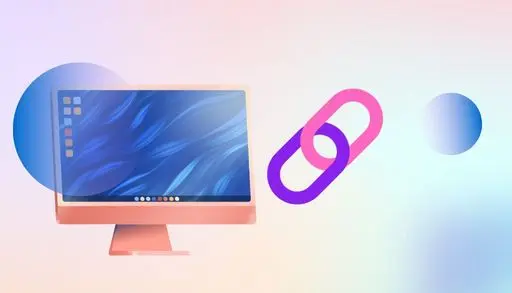In this article, we will show you a different kind of URL shortening tools. You are likely aware that the URL (Uniform Resource Locator) is the URL you type in your browser. It is a unique location on the web, such as an HTML page, a CSS document, an image, etc. The general exception would be a web address that no longer exists or has moved.
Different Kind of URL Shortening
Sometimes, the URL address can be very long, such as this one.
Shortening a URL is straightforward, thanks to URL Shortening Tools:
If you attempt to send that URL to someone by copying it into an email, you might not want to send it for too long. Shortening websites such as Terminusapp, Bitly, Tiny, TinyURL, Bl.ink, and many more exist. However, you may not want to send a URL that is so shortened because some people are unwilling to click on a link they don’t recognize. Several spam emails use these shorteners.
Note: If you receive a shortened URL, you may want to see the real URL by using the online tool “unshortener”.
Long enough URLs, like the example I have above, utilize the last part of the URL to provide information about you to the website you are going to. Most of these lengthy URLs—but not all—have a question mark separating the actual webpage URL from the data portion of the URL. It separates the main component of the URL that identifies the resource from the query string. You will find a question mark in the URL below after the “ref=sr_1_8.”. If you delete the question mark and everything following the question mark, you receive this greatly reduced URL.
I have occasionally observed where this method of shortening does not work. If you use it, you should verify if it works by clicking on the shortened URL to see if it takes you to the same web page as the long URL.


